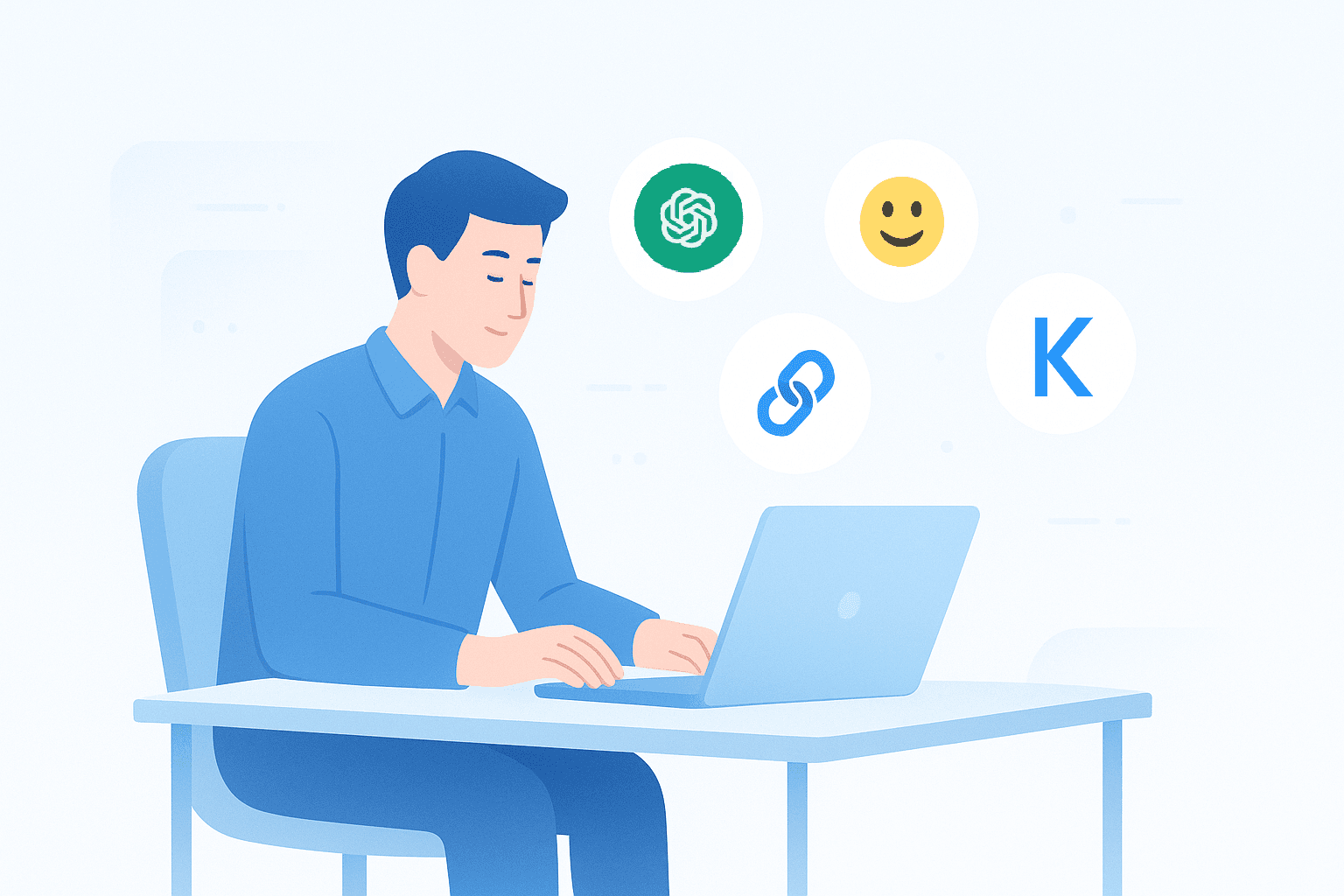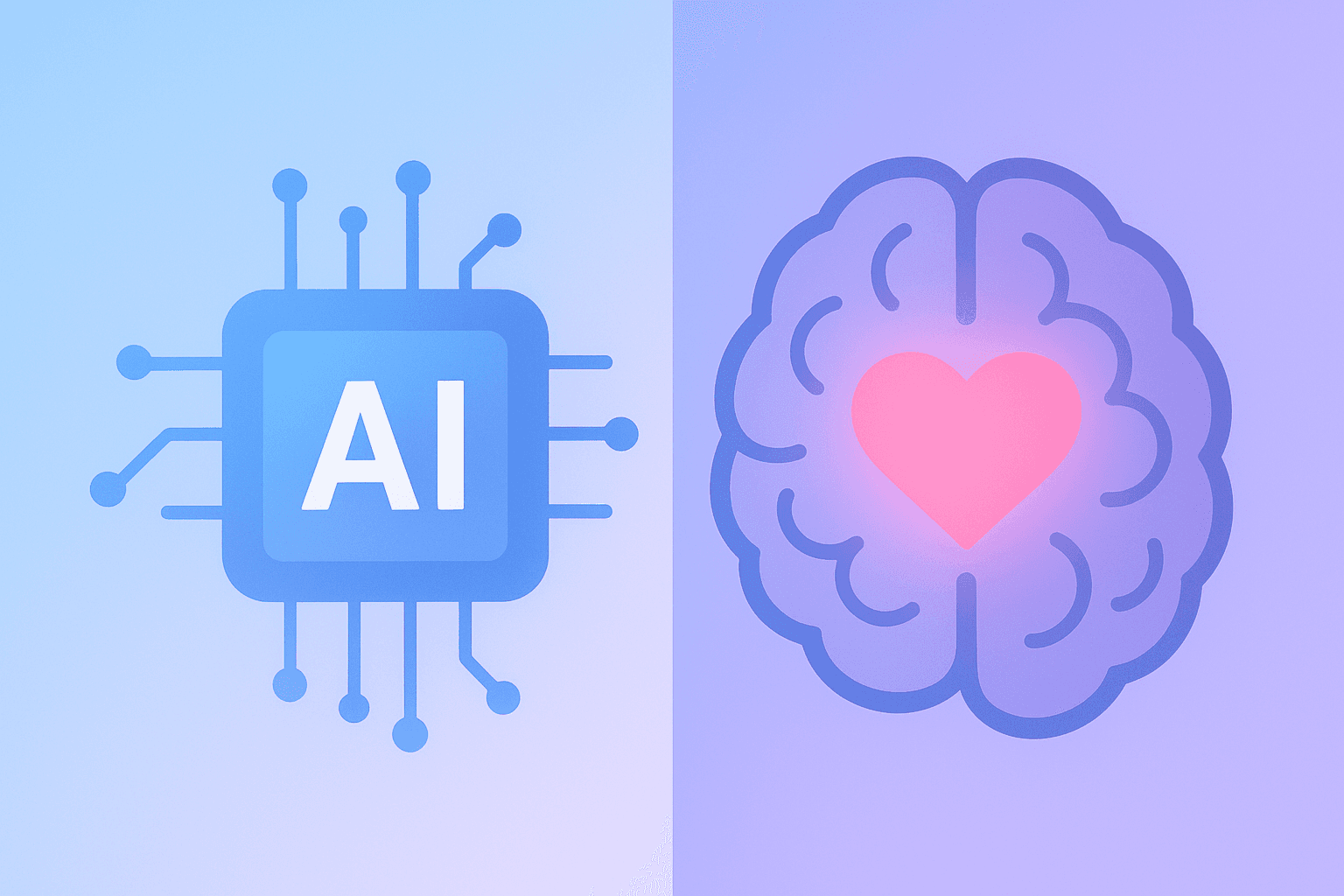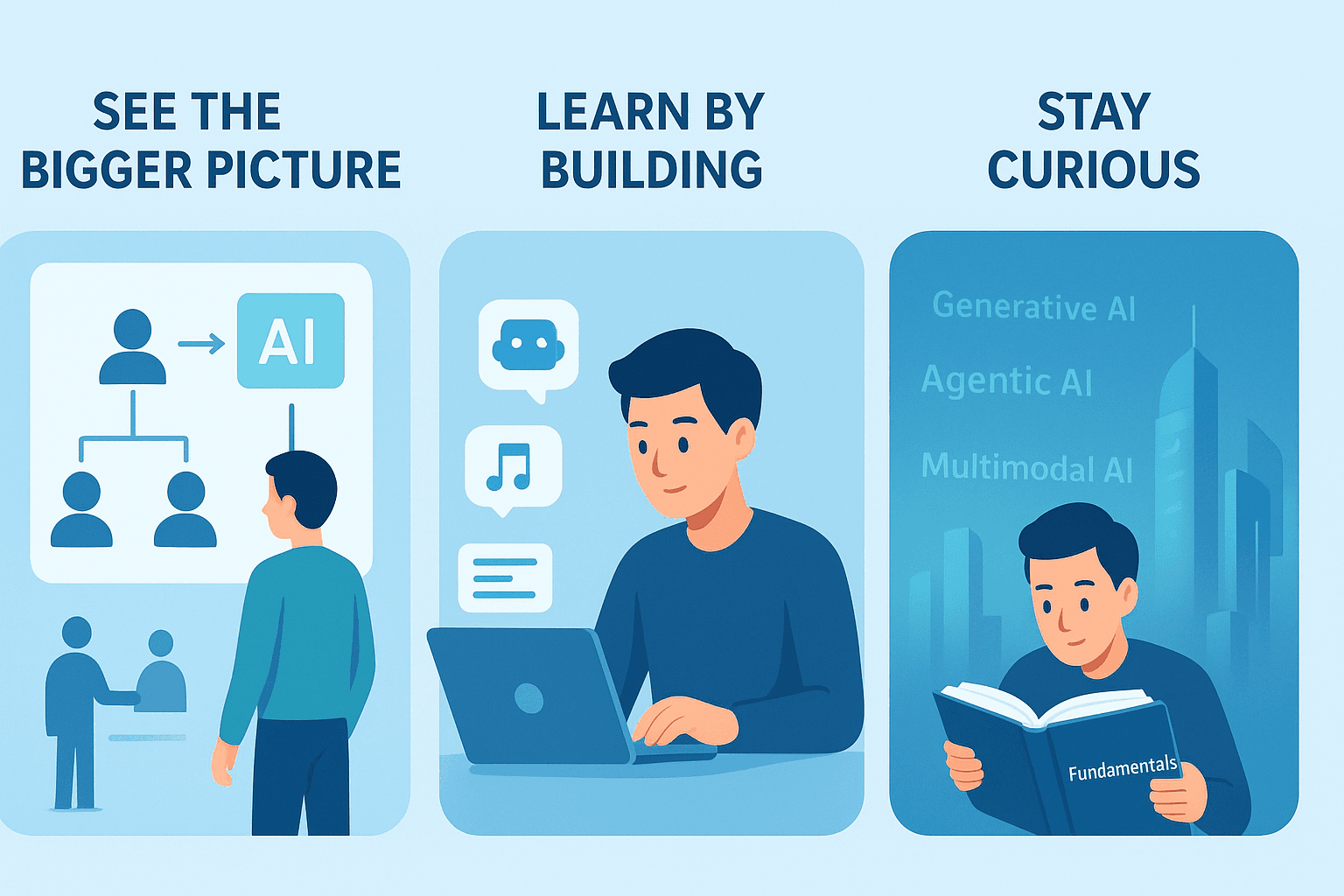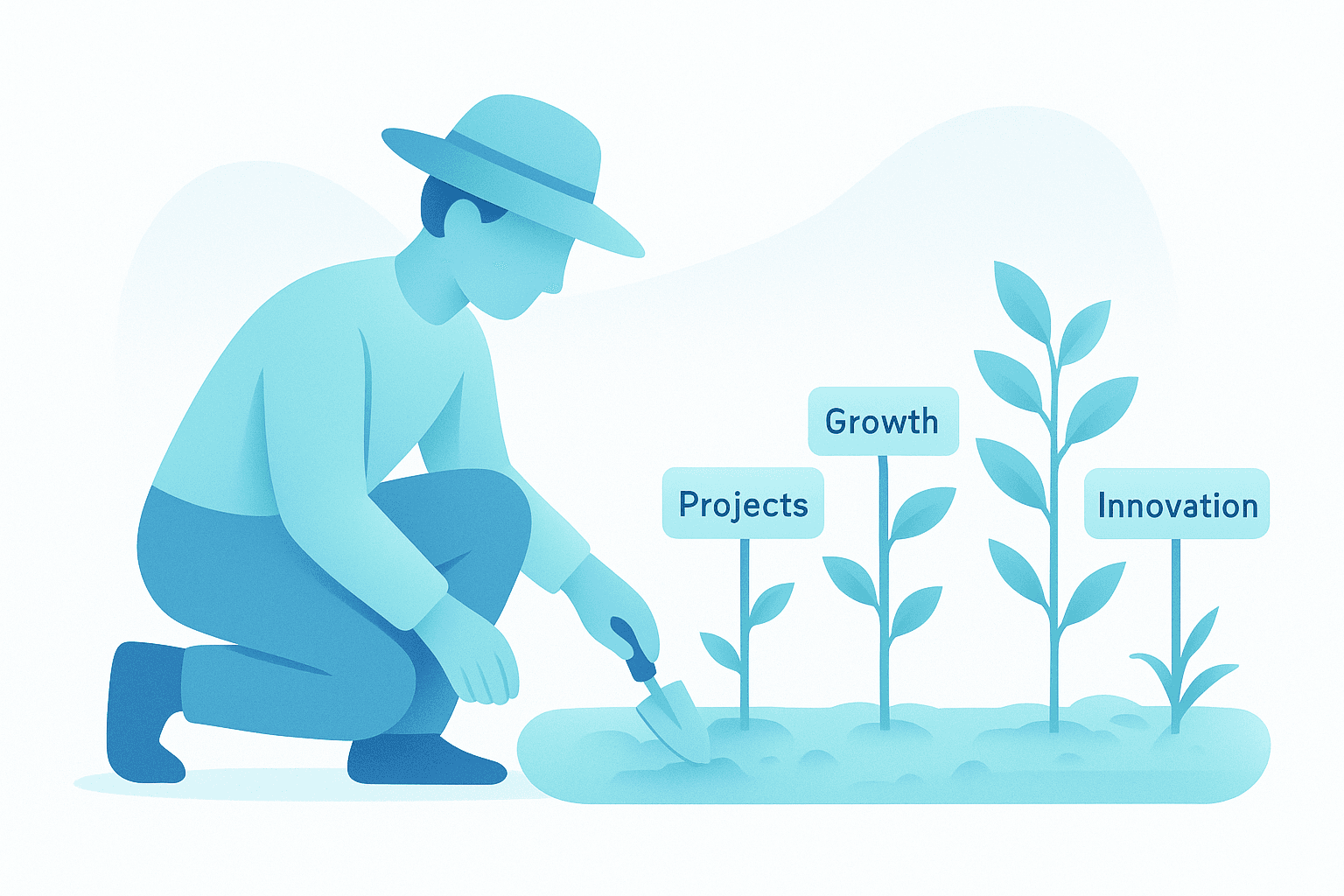Future Proofing Your AI Career in 2025: More Than Just Skills
AI is evolving faster than ever. Here’s how to stay ahead, not just with technical skills, but with adaptability, strategy, and the human edge.
MeetXpert Team

Imagine this: you’ve spent months mastering a new AI framework. You feel on top of the world until, three months later, a shiny new tool comes out and suddenly everyone’s talking about that.
What’s cutting-edge today can feel outdated tomorrow. Yet, some professionals thrive in this chaos. How?
1. Lifelong Learning Isn’t Optional, It’s Survival
The old career model (“learn in college, work for decades”) is dead. In AI, standing still means falling behind.
The best professionals treat learning like fitness: a daily habit.
- Take micro-courses, not just degrees.
- Tinker with tools like ChatGPT, LangChain, or Hugging Face.
- Experiment publicly share mini-projects, learn out loud.
Action step: Block two hours a week to learn something new. Doesn’t matter if it’s an API or a Kaggle dataset, just keep moving.

2. Don’t Just Use AI, Understand It
Anyone can ask an AI to “write an email.” But real professionals ask:
How is this model trained? Where’s the data coming from? Could bias creep in?
That’s called AI literacy, the difference between users and leaders in this field.
Think of AI literacy as the new digital literacy. Just like Excel was the must-have skill 20 years ago, AI literacy is the non-negotiable skill for 2025.
3. Double Down on What Makes You Human
Here’s the thing: AI can crunch data faster than you’ll ever dream of. But it can’t:
- Challenge assumptions.
- Show empathy.
- Convince a skeptical client with the right words at the right time.
Critical thinking, communication, ethics, and empathy are not “soft skills” they’re power skills.

4. See the Bigger Picture
AI doesn’t exist in a vacuum. A model isn’t useful if it doesn’t solve a real-world problem.
The best AI professionals ask bigger questions:
- How does this AI fit into the company’s workflow?
- What impact will it have on people?
- Is it solving the right problem, or just showing off tech?
5. Learn by Building, Not Just Reading
Let’s be real: you can read 50 blog posts about AI, but nothing teaches you like building.
Start small:
- A chatbot for your personal tasks.
- A recommendation system for your favorite playlist.
- Or a side project that solves a problem at your current job.
Projects tell a story. And in job interviews, stories beat certificates every single time.

6. Stay Curious, Not Chained to Trends
Generative AI. Agentic AI. Multimodal AI. The buzzwords are endless.
But here’s a truth most don’t say out loud: you don’t need to chase every shiny new tool.
The real winners? They master fundamentals (data, algorithms, problem-solving) and then pick trends that match their career goals.
7. Think Career Like a Garden
Your AI career isn’t a straight line, it’s a garden.
- Plant new seeds (skills and projects).
- Pull weeds (outdated tools or methods).
- Adapt to the weather (industry shifts, new breakthroughs).
That mindset makes you resilient. And resilience, not perfection, keeps careers alive in fast-moving fields.

Final Thoughts
The AI world is moving fast, but that doesn’t mean you’ll be left behind.
If you commit to learning continuously, leaning into your human strengths, and thinking big-picture, you’ll do more than survive, you’ll lead.